Audiobooks New Zealand
Menu
Sound Salad
|
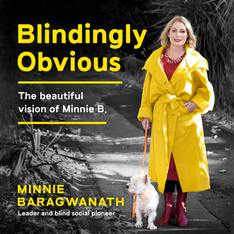
Minnie is keen to see how many more versions her book ‘Blindingly Obvious’ can be turned into; she foresees an avatar signing, a pictorial version, even live performance. All notions that have accessibility, inclusivity and collaboration prioritised front and centre.
A sudden health crisis propelled her to begin writing the book, a process that is quite different for someone who is unable to see a page or computer screen properly. She luckily learnt to touch type from a young age as soon as her vision diagnosis was made, and was assisted by an adaptive software called Jaws that enables you to hear your text back, as well as Zoom Text which magnifies what's written. Minnie is not unaccustomed to figuring out her own way to succeed. She started a food truck, worked in broadcasting, and is now a CEO of a social enterprise. When asked where her tenacity and entrepreneurial spirit comes from, she replies “there was always a sense of trying to make my own fortune. When something shuts off to me, I've gotten good at scanning the horizon line to find some other way to achieve whatever the goal has been in my mind. Not being confined to seeing one way of doing things. How much is conditioning or in my DNA, I'm not sure.” There's some frustration in the book at how limited advancement has been in the area of access, and justifiably so. “The disability sector is the most innovative in the world, and yet we're undervalued in employment and opportunities.” Disability employment rates have hardly changed since Minnie was 20, and this promotes anxiety about what roles one can fill. 25% of the population lives with a disability. Minnie developed the WITH concept as a means of connecting others who were consistently pushing at the edges like she was. She liked the idea of designing something with a community rather than to, or for a community. The word stems from midwifery and childbirth; the action of supporting safe birth and passage from one place to another. Minnie advocates being conscious, conscientious and intentional about wanting change to happen, and through her work as an access warrior in NZ and internationally, “I'm trying to only work with others who are with me.” We're certainly with you Minnie, congratulations on your book launch and we look forward to keeping up with your endeavours in the future. Buy Blindingly ObviousNew Podcast
0 Comments
According to Theo, it has been an interesting, slow and strange year for audiobook production, for many reasons. A huge factor that is undeniable is the promotion of artificially manufactured voices to authors looking to get their books made into audio and up for sale on Amazon, Audible, Spotify etc. Artists and actors have notoriously been vulnerable minorities who seem easily disposable anyway, so we’re no strangers to having to fight for our place in society. This is just another classic way people can cut a corner (or the role of the artist,) in the attempt to save money, but given that the average person doesn’t know how much is involved in making an audiobook, how much are they actually saving by opting for AI? The answer is, not much.
A bottom line argument from our end, is that you’re compromising the quality of your product for an audience of listeners you are assuming are ok to listen to synthetic storytelling, when most lovers of audio content would wholeheartedly agree, it’s hardly satisfying. 13 hours of Moby Dick narrated by something that sounds like Siri does not a quality listening experience make. It’s like gathering around a heat pump instead of a fire. It’s a photocopier for the voice, a cloning tool and something that responds to what it’s fed, not something that can deliver with empathy, pace and breath the sort of performance a quality story deserves. From a technical point of view, it also means that your operator or audio engineer - who is meant to be responsible for compiling the audio files and chapters into compatible formats for most listening platforms - becomes the pseudo narrator or storyteller themselves; choosing an AI voice to go with, piecing together sentences and paragraphs into some semblance of story, and editing pauses and inflection in order to convincingly make a bot sound, well, human. This is a very real threat to actors and voice artists worldwide, it’s a big part of the actors’ strike in the US, and something we need to bring to the attention of the general public, aka our audiences, so they’re aware of the situation enough to speak out against its use when it comes to organic storytelling. It’s not just actors or those in entertainment who are impacted. We, as digital consumers, need to think more closely about how we hand over our data and how it’s used. If Apple can load your voice into Siri so you can tell yourself how to get home, who owns that then? Where is that going? How can you be sure someone isn’t putting your voice to a porn novel without your knowledge? Short answer, you can’t. Theo and I believe we should never replace people in this medium, but I guess we would, it being our industry and livelihoods. The narrators working for AudiobooksNZ and Blind + Low Vision NZ generally make their income from voice work, something that is scarce in our wee country as it is. This is just the beginning of a bigger conversation around representation, body sovereignty, ownership of bodily IP, and respect for the integrity of the artist's function and role in our society. We’re keen to continue the conversation to remain mindful and wary, to broaden it as the issue updates and as AI proceeds rapidly through its own technological advancement, regardless of our thoughts or feelings about its existence. 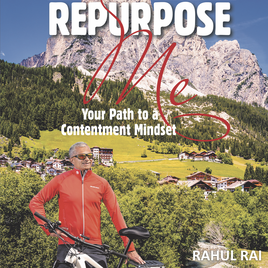
It was made very clear, after meeting with Rahul, that doing what makes your heart sing is what life is all about. Managing to find time for himself around managing hotels, dealing with the horrific outcomes of being involved in a personal and professional sense in the Christchurch earthquakes, as well as a massive health scare, it was proven to Rahul that time is of the essence. It is a resource, and saving the things that give us contentment for later is not an option.
It took the power to become vulnerable and honest for him to pen this recent publication, also the awareness that resilience is a huge asset we can work with as people. How many promises are made when we, or a loved one, is in the throes of their fragile mortality, to live more presently, more acutely attuned to what we love, and what drives us? And how often are those promises abandoned when we need to re-enter the rat race of life and pay a mortgage? Attaining a contentment mindset is what Rahul is all about, and what his book is all about. This entails being at peace with where you are, and the decisions and circumstances you have experienced in the past that brought you to where you are. He dictates that being part of something bigger than ourselves is a huge contributor to why we behave and exist in the way we do. By shifting the order of your priorities when it comes to achieving your dreams, as well as your career outcomes, and using the length of life you have wisely to be able to have both, we learn through this ‘why to’ book that you shouldn’t delay anything that is vitally important to you. He shares strategies around how you can maximise your contentment sustainably. Passions and purpose are as important as each other, but passion needs perspective and sometimes needs to be postponed. Economic cycles follow us in life, and we live in a world that responds to that, so our passions need to be monetised to be fulfilling and we need sustainability to achieve anything. ‘Repurpose snippets’ are things you can do while you’re doing life, in small snippets throughout time, not just during your holiday. The first half is about perspective, wake up calls, don’t sweat the small stuff, pivoting to make sure you can get the best of both worlds. The second half is about how to get involved in philanthropy - “giving back makes you feel good, being part of something bigger than yourself is what gives you fulfillment, giving is a function of one’s mindset not bank balance. There should be no delay with giving.” Rahul does this through mentoring small business owners, and creating thankyouhealthcare.co.nz throughout the dreaded pandemic - a website where businesses post their best deals for healthcare options/products/services for the general consumer. Rahul loved narrating his own audiobook. Getting his own voice and tone in the words enables him to get the message across warmly. Rahul enjoys travel audiobooks, narrators such as Michael Pallen, cycling audiobooks and their stories/challenges and how they overcome those obstacles. This, and his other works; ‘Buy and Hold for All That Gold,’ ‘Living an Abundant Life,’ ‘Buy and Hold: Simple Steps to Successful Real Estate Investment in NZ’ are available by Googling Rahul Rai books, on Amazon, Xlibris or of course audiobooks.nz. Rahul is also available on LinkedIn.
Linn Lorkin is one of our most notoriously successful musical treasures; singer, songwriter, actor and linguist, with residencies in Copenhagen, Naples and New York, she’s been accused of being ‘good at too many things,’ but most notably, fans appreciate her writing.
Linn was taught to play the piano by her mother, and claims ‘if you train when you’re young, you never forget it.’ Hearing Nina Simone and feeling starved for artistic company or creative peers, she knew she had to get offshore. A scholarship from the French Government allowed her to do just that, albeit to explore the world of linguistic academia. Destined to be an artist, she made her way to London in the swinging 60’s and began making up for lost time, meeting and partying with the greatest of characters. Music followed her wherever she went and she performed extensively. By fluke, she got her first job in Copenhagen after asking to sing with the resident band. They offered her 20 crona for 8 songs a night. These weren’t originals however, and it wasn’t until an evening in New York, listening to Joan Armitrading while feeling a bit down on life, that she took pen to paper. She wrote 12 songs in a fortnight, established her prolific stance as a singer-songwriter within her communities and the rest, as they say, is history. For someone who was seen as a ‘junkie or a lesbian’ for wielding an electric keyboard at her performances - arguably one of the only women at the time doing so - this must have felt in some way vindicating. Linn still loves to stand out in a crowd, and has always paired her flaming red locks with beautiful vintage garments that appear as a running motif throughout her memoir. As is her music; hand-picked from her extensive repertoire of original compositions that have seen their way into her shows all over the world, and lovingly reproduced as stings to begin most chapters, indicating the style or tone of the next part of the story. From the front page of the NZ Herald, to a 6 month stint in an Italian prison, lovesick mishaps and rowdy celebrity riddled parties, Linn’s experiences and travels really do appear to rival that of Gulliver. And this is only the first installment of her story, with a second in the pipeline documenting her return to the NZ music scene in the 80s. She is consummate in her vocation as a musician and performer, and continues to be a stalwart for music and performance where she currently resides in Tāmaki. You can catch Linn at Epolito’s Italian Restaurant on Richmond Rd on the last Tuesday of every month from 6pm-8pm, or at the Pt Chevalier RSA with her band the K’Rd Quartet for the Auckland Jazz and Blues club on Tuesdays, and often at Botticelli’s restaurant in Takapuna. Check out her Facebook pages for more information about upcoming gigs and events https://www.facebook.com/HeyPianoBarLady and https://www.facebook.com/linn.lorkin 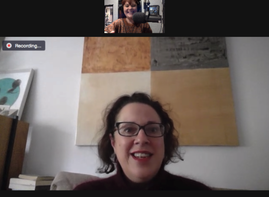
For our 7th installment I got to share the mic with a woman I admire hugely, she’s a powerhouse of productivity, and she’s always got time for sending the elevator down to help other writers at all levels of their creative journeys. She is many things; public speaker, workshop facilitator, she happens to be the genius behind the Writing Room, and is primarily a screenwriter. Her credits include Fresh Eggs, The Tender Trap, Under the Vines, My Life is Murder and the Cul de Sac - to name a few.
She always wrote as a child, and went to journalism school to pursue it professionally. Figuring out pretty quickly that she preferred creative writing to current affairs, she ended up in television as a way of making a living as a writer in our wee country. She also writes short stories and theatre - the first play she wrote was based on an argument she had with Nick Ward about the fact that they had no writing work coming their way - and is a board member for The Writer’s Guild. She began the Writing Room; a monthly session where writers from all different styles and backgrounds can come together to simply write in the presence of other writers. When she began there was nothing like this, no standard cafe or environment where all writers went to get the satisfaction and motivation from tapping keyboards. Kathryn genuinely cares about the way writers and the arts are perceived here, which is why she doesn’t mind doing behind the scenes work in advocacy with the Guild, being our lobbying voice for funding and conversations with government. The Guild also provides professional, legal and contract advice to writers. Kathryn has had oodles of experience in entertainment, and speaks about the collaborative nature of the television and theatre industries, versus the often isolating role of novelist or memoirist. There are a lot of boxes to tick and processes to fulfil when you’re working in a large team to tell a story, but she firmly believes that the art phase, or the very early stages of developing an idea and draft, is all you - no matter what medium you’re working in. From there, theatre peeps do live, often staged readings to develop their scripts. In TV someone is always going to have to sign drafts off, give notes etc, but you know it’s finished when you feel you’ve done your absolute best - and you wouldn’t be embarrassed to show it to anyone. At the time of our interview, she was tackling a few tweaks on her play ‘The Campervan’ which was, at that point, set for its debut at the Pumphouse Theatre with Tadpole Productions. Alas, the dreaded Rona has turned up again to foil those plans, but the show will go on! Eventually. (Links to ticketing info below.) She is continuing to develop a screenplay script that’s been a number of years in the making, and she has just completed a huuuge literary event called WriteFest, where she brought together multiple tutors for concentrated masterclasses and workshops for authors. Her advice for young or emerging writers is;
Sign up for her workshops: www.beginnersguidewritingworkshops.com Check out Kathryn’s website, where you can also sign up for the newsletter: https://www.kathryn-burnett.com/ Follow her on socials: Facebook @KathrynBurnett https://www.facebook.com/kathryn.burnett.77 Instagram @kathrynisawriter And for tickets and further info about when to expect ‘The Campervan’ https://pumphouse.co.nz/whats-on/show/the-campervan/ Sign Up Today at Audiobooks NZ and get your first Audiobook for free on a 14 day trial.
Pip McKay was so drawn to Croatia throughout her overseas experience in the 80s, it makes sense that it provides the setting for her first novel, The Telling Time.
She began writing at the Creative Hub 7 years ago, and 3 years ago completed her Masters in Creative Writing at the University of Auckland. She finished the book in this time and explored her own craft, and has since gone on to win numerous accolades for her efforts. She won the New Zealand Society of Authors Complete Manuscript Assessment Award, the 2020 First Pages Prize and had Paula Morris provide some wonderful book notes. Pip wanted to explore female relationships in depth, the rites of passage that pave our way to self realisation and growth - particularly when we’re outside of our comfort zones. Having the Covid Lockdown provide her with the time to devote to getting the book out there, she self published through Your Books in Wellington and has been an active participant in the latest Writers Festival circuit in New Zealand. As Pip’s life unfolded, she was exposed to more and more immigrant children and families, Yugoslavia being a particularly poignant place of intrigue. She discovered throughout her research and travels that a lot of women moved here in secret to lead different lives, that in fact there were many secrets and hidden depths to the civil unrest in Yugoslavia at the time the book is set. These untold traumas and events provide the backdrop for our protagonists to redefine what is really important, and highlight the lengths we got to to protect our daughters (and mothers) from learning the often harrowing truth about our life choices. Sebastian Faulks OBE was one of the judges of the First Pages Prize. He specifically likes to be transported to other places and worlds when he reads. If he felt the characters and story had somewhere to live on from - beyond those first few pages - I’m inclined to agree with him. There are numerous seeds of secrecy planted early on that drive you to unearth the plot towards their inevitable theme of finding home and belonging. And finding that you can in fact create closer bonds through being honest and allowing different generations to know your trauma, to learn from it through you, and from you. The Telling Time traces a very distinct time in New Zealand’s history where club culture and shared language defined who you socialised with, who you could and couldn’t talk to, who you married. Pip has two sons of her own, one of whom pushed her towards finalising publication of the novel, and she’s certain that sharing knowledge and experiences cross-generationally is what enriches their relationships. Pip is an advocate of self publication, and has a wealth of knowledge around the subject - mainly through learning things on the fly herself - and her work is a lovely inclusion in New Zealand’s literary archive now. With a potential sequel in the pipelines we’re all hanging out to see where her characters head to next, and the simple profundities of life that they learn along their travels in New Zealand, Yugoslavia and beyond. Anyone keen to find out more about Pip and her work can visit her website www.pjmckayauthor.com, follow her on Facebook at pjmckaynzauthor and Instagram @pj_mckay_author. Sign Up Today at Audiobooks NZ and get your first Audiobook for free on a 14 day trial. |
Romy HooperRomy Hooper, Audiobook Narrator, Actor, Writer and Podcast Host Archives
November 2023
Categories |
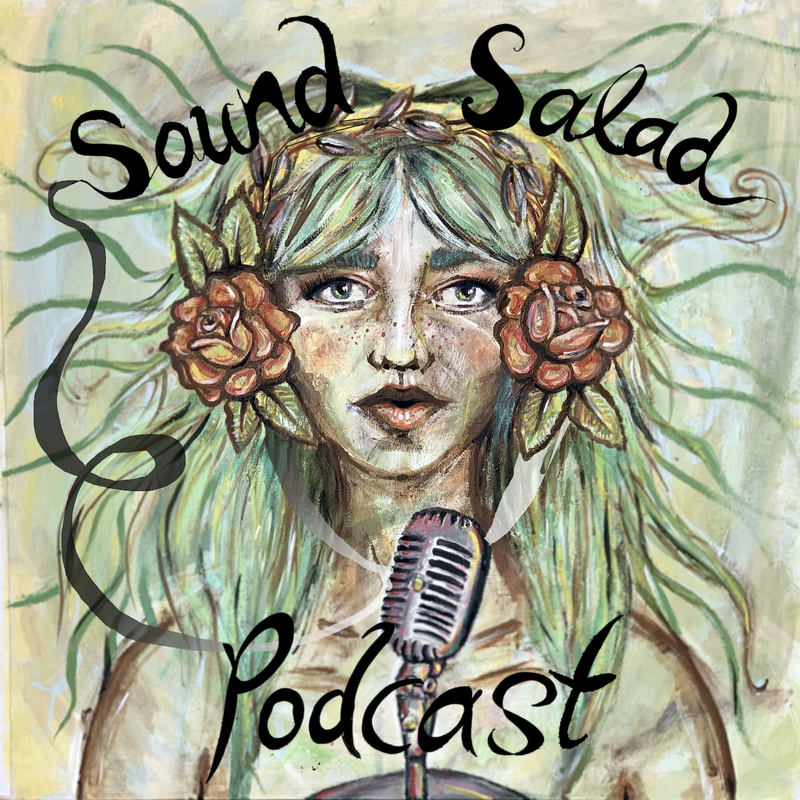
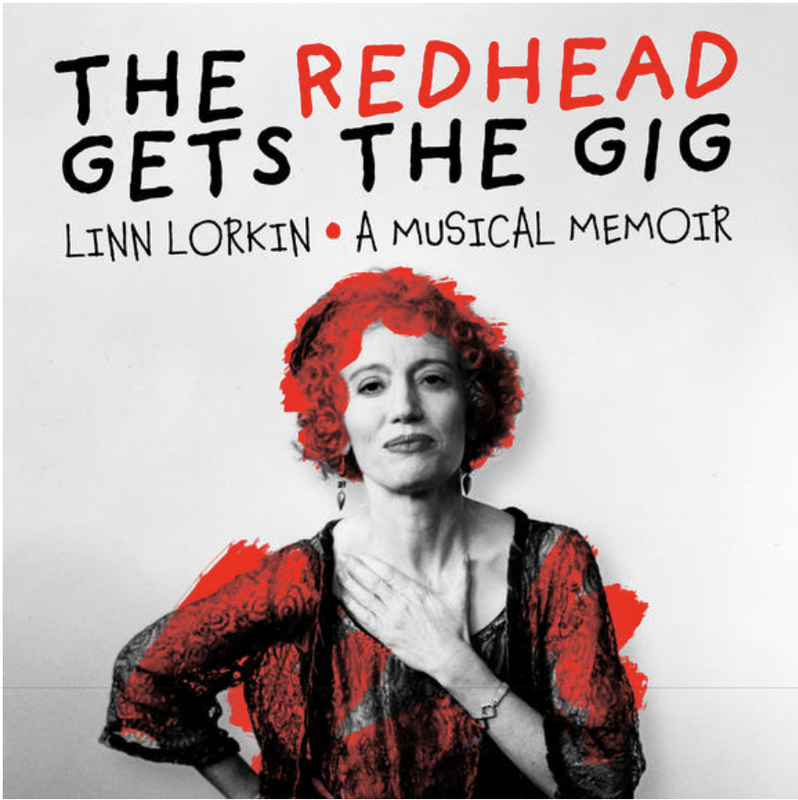
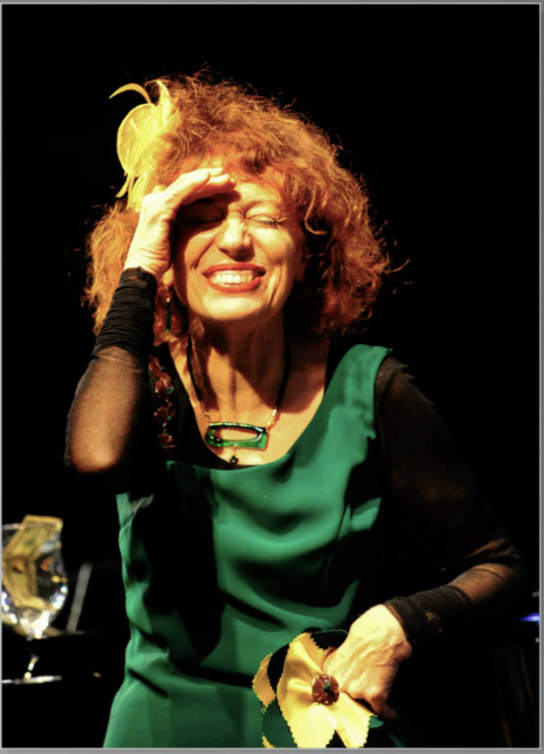
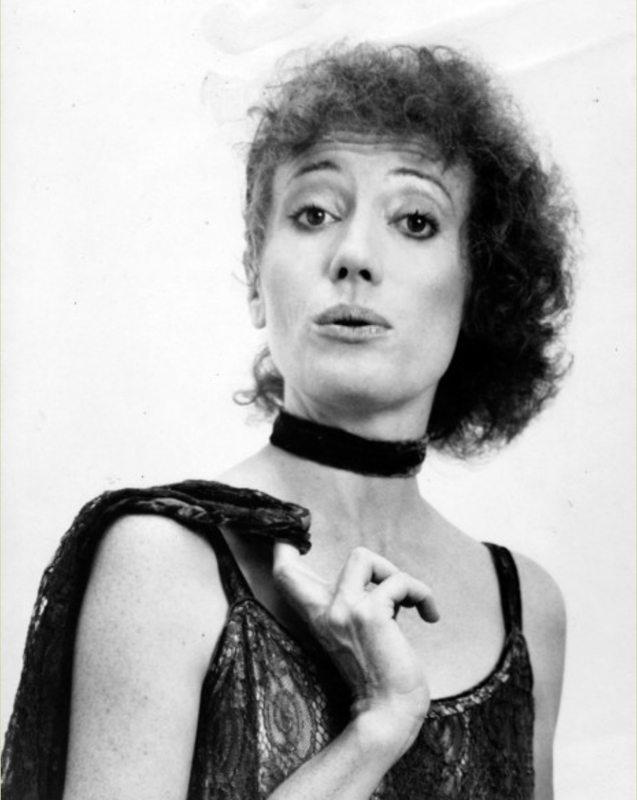
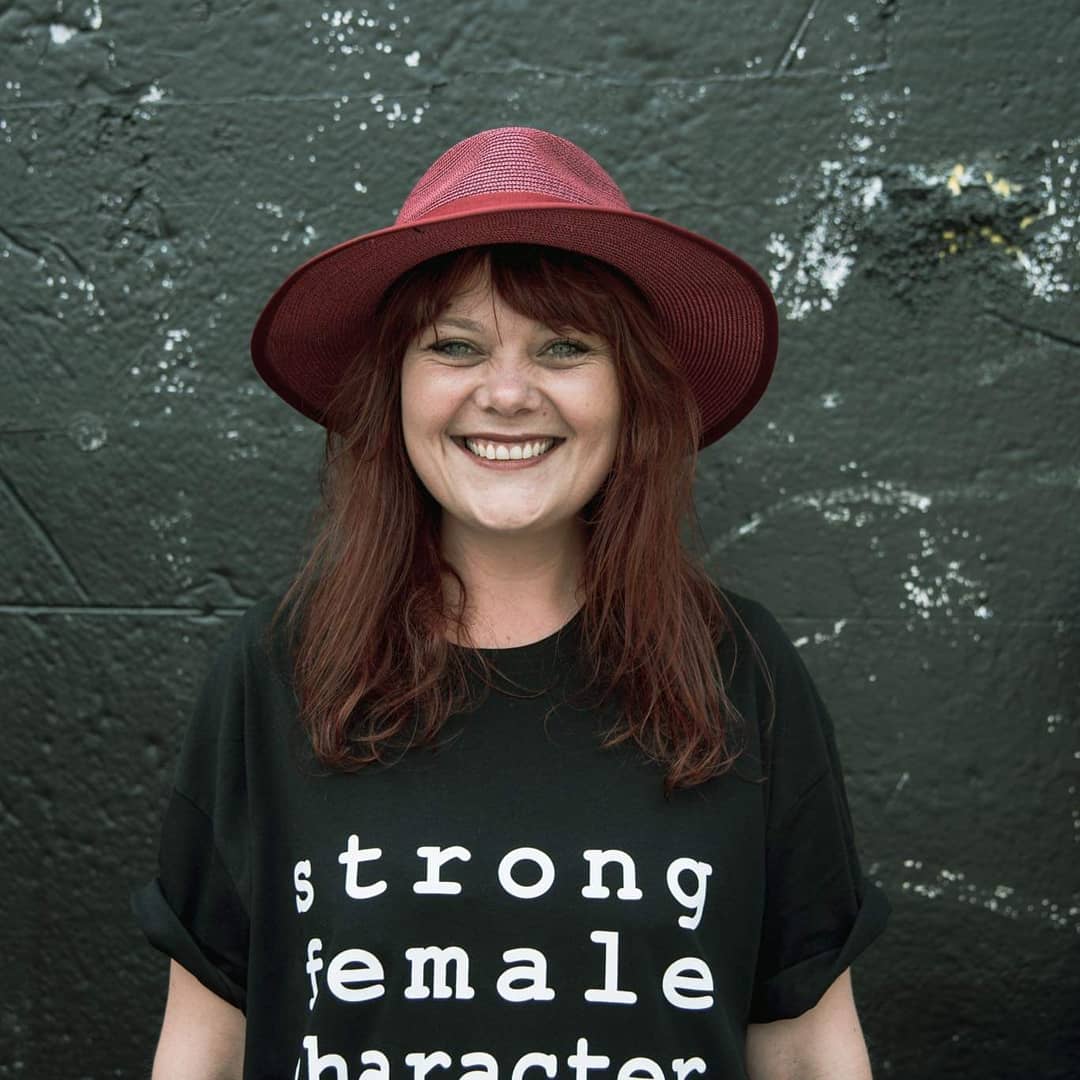
 RSS Feed
RSS Feed